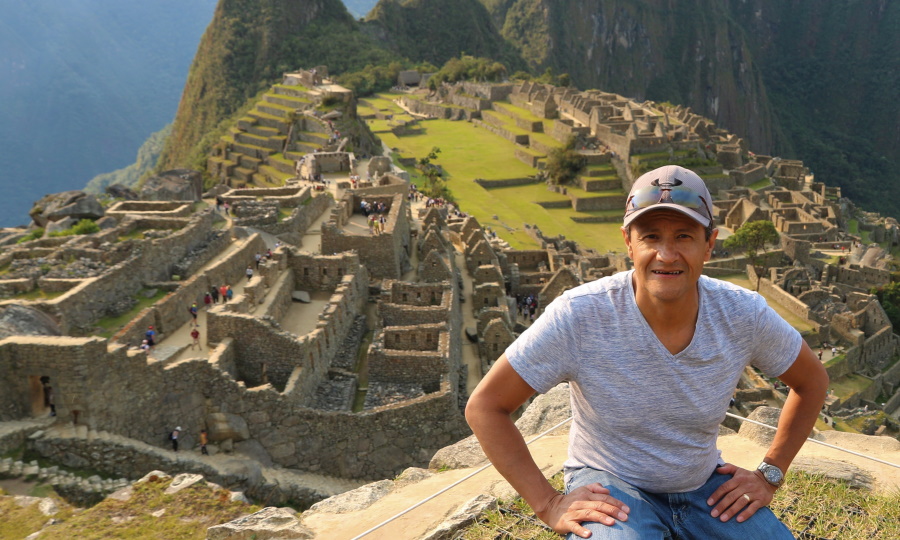Dr. Javier Calderon: ‘In Trenches, Fighting Invisible Enemy’

Dr. Javier Calderon, an infectious diseases specialist with Northeast Ohio Infectious Diseases Associates, is hanging tough and treating patients on the front lines. You can read more about him and NEOIDA at its website.
What are some ways the COVID-19 outbreak has changed your work life?
This is a war and we are on the forefront and in the trenches fighting an invisible enemy. As an infectious disease specialist, I have, needless to say, found myself busier than ever in my 30 years as a physician. My patient census has more than doubled in the last few weeks. We had to close the office in order to be able to tend to the patients that were hospitalized. I have not taken a day off since the epidemic started in Mahoning County. This calls for longer days and some sleepless nights. However, this is what we were meant to do and we are doing it the best way we can. After the peak we were able to see empty beds and a glimmer of light at the end of this tunnel.
How about your personal life?
Not taking days off since the epidemic started calls for some “Groundhog Day” type of syndrome. I wake up most mornings not knowing what day of the week it is and then asking myself, “Well, it doesn’t really matter, does it?” I look forward to coming home every night to enjoy my family and share the experiences of the day. Some days I’m excited about a new drug we used that saved a patient from dying. Other days I come home with a somber look and my head down because I was unable to save a life or because a patient or family had decided that “enough was enough.” Unfortunately, those days are more common than not. One of the things is not being able to get physically close to a patient’s family to offer a hug of condolence. It makes the passing of their loved one a very impersonal experience.
What steps are you taking to hang tough?
I exercise as often as possible and take my wife for a walk around the neighborhood every opportunity we have. With everyone cooped up together, we now have more time face-to-face with each other and eat meals together.
What advice are you sharing with the people you love?
I tell them that they can look back in their lives and see that they have never seen a pandemic of this magnitude. I then ask them to remember one of their worst personal experiences. Then I tell them that they still managed to survive that and they most likely came out on the other end stronger. We cannot predict how all this will play out, but we know that it will end. The only uncertainty is when. In any case, this too will come to an end.
Anything else you’d like to add?
I trained in a public hospital in Lima, Peru. It was a large teaching hospital serving a population of half a million souls. We had four ventilators in a closet, all broken. It was wartime medicine. We did what we could with whatever we had at our disposal. This helps me put things in perspective when I feel helpless with my patients.
